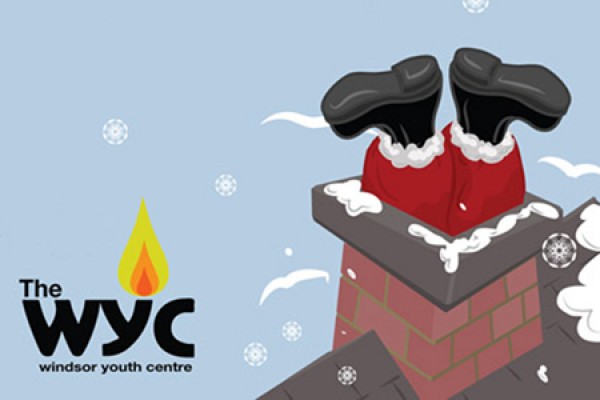The air in the Ed Lumley Centre for Engineering Innovation is about to get a lot cleaner.
Workers from Nedlaw Living Walls were busy this week installing more than 1,500 plants into the building’s biowall, which will help naturally filter the air that flows through the 300,000 square foot engineering building.
“Everybody knows that plants add oxygen to the air, but this system actually filters the air,” said Nedlaw’s Ashley DeMarte. “For every single pass of air that goes through, this wall cleans about 85 per cent of it.”
At about 37 feet high by 32 feet wide, the wall isn’t as tall as the biowall in the medical education building, but it does cover slightly more square footage than that one, DeMarte said.
The plants are mounted in a brown substrate that looks and feels much like a scouring pad. Water from a basin at the bottom is pumped all the way to the top, which then trickles down similar to a waterfall, keeping the plants properly hydrated.
Large returns are located directly behind the wall to help draw air in from the surrounding environment. After passing through the plants, that filtered air is then sent through the HVAC system and recirculated throughout the building.
Such volatile organic compounds (VOCs) as benzene and formaldehyde, which often accumulate in many air-tight buildings, are broken down by the biowall so they’re no longer harmful to the occupants inside, DeMarte said.
“For every square metre, this wall cleans 50 litres of dirty air per second,” she added.
DeMarte said she expects all of the plants should be installed by the end of next week.




 Cat Delaney, the playwright of the latest University Players show Welfarewell, was in Windsor to speak about the play with dramatic art students and at the Let’s Talk Theatre luncheon event last weekend.
Cat Delaney, the playwright of the latest University Players show Welfarewell, was in Windsor to speak about the play with dramatic art students and at the Let’s Talk Theatre luncheon event last weekend.
